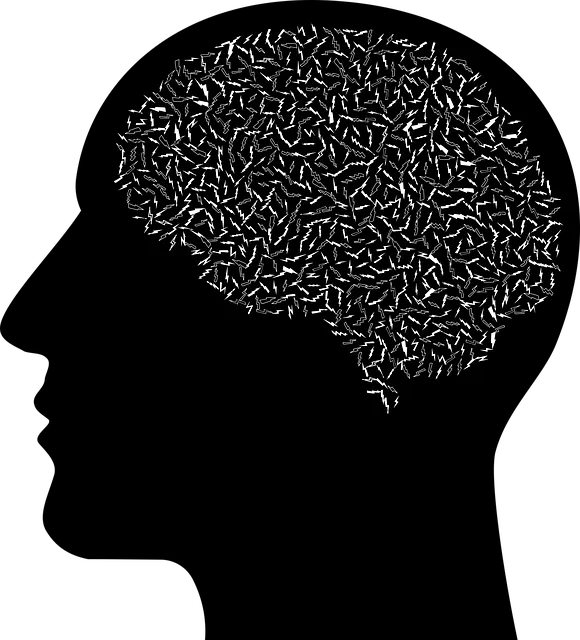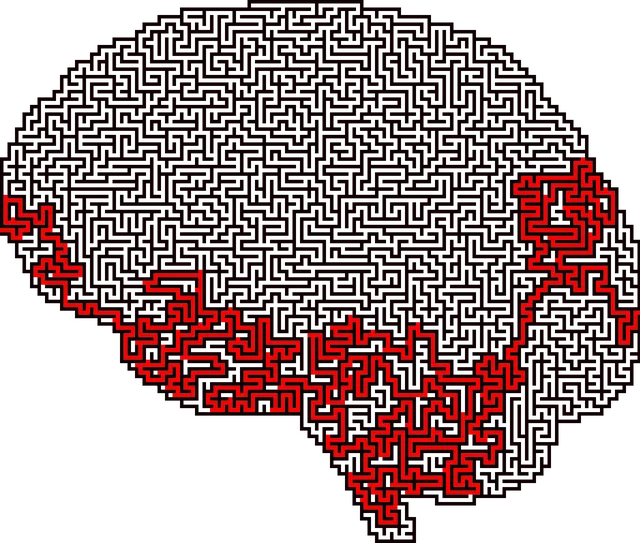Kaiser Permanente mental health Wheat Ridge employs advanced data analysis techniques, combining qualitative and quantitative information from various sources like EHRs, surveys, and clinical interviews, to gain deep insights into mental health trends across diverse populations. This holistic approach has led to successful interventions such as Positive Thinking, Compassion Cultivation Practices, Crisis Intervention Guidance, and stigma reduction efforts, prioritizing emotional well-being at every interaction. Through sophisticated statistical methods and machine learning algorithms, they predict risk factors like burnout among healthcare providers and develop evidence-based strategies, ultimately transforming mental health care delivery within the community.
Mental health data analysis is a powerful tool for understanding and improving individual well-being. This comprehensive guide explores critical aspects of interpreting mental health data, drawing insights from initiatives like the Kaiser Permanente Wheat Ridge project. We delve into various data collection methods, advanced analysis techniques, and best practices for interpretation. By examining real-world examples, this article provides valuable insights to drive positive change in mental healthcare.
- Understanding Mental Health Data: A Comprehensive Overview
- The Kaiser Permanente Wheat Ridge Initiative: A Case Study
- Data Collection Methods in Mental Health Research
- Advanced Analysis Techniques for Deeper Insights
- Interpreting Findings and Driving Positive Change
Understanding Mental Health Data: A Comprehensive Overview

Mental health data analysis involves a deep dive into various indicators and trends to gain insights that can inform effective strategies for emotional well-being promotion. At Kaiser Permanente mental health Wheat Ridge, this process begins with comprehensive data collection, encompassing not just clinical diagnoses but also patient-reported symptoms, treatment adherence rates, and access to care. By integrating qualitative and quantitative data, healthcare professionals can construct a holistic view of the population’s mental health status.
This detailed understanding enables the implementation of evidence-based interventions, such as Positive Thinking and Compassion Cultivation Practices, which have been shown to mitigate stress, anxiety, and depression. Through rigorous analysis, Kaiser Permanente Wheat Ridge ensures that these techniques are tailored to meet the unique needs of its diverse patient population, fostering a culture where emotional well-being is prioritized and supported at every touchpoint.
The Kaiser Permanente Wheat Ridge Initiative: A Case Study

The Kaiser Permanente Wheat Ridge Initiative serves as a compelling case study highlighting effective mental health data analysis and interpretation strategies. This program focuses on improving patient outcomes by leveraging robust data collection methods and advanced analytics techniques. By examining trends within their extensive healthcare network, Kaiser Permanente gains valuable insights into mental health challenges prevalent among its diverse population.
Through this initiative, the organization has successfully implemented Crisis Intervention Guidance tailored to specific demographics, enhancing Mental Health Awareness and promoting Compassion Cultivation Practices. Their data-driven approach allows for personalized interventions, ensuring that each patient receives targeted support based on their unique needs. This case study underscores the power of combining comprehensive data analysis with evidence-based practices in transforming mental healthcare delivery.
Data Collection Methods in Mental Health Research

Mental health research relies heavily on data collection methods that ensure accurate and comprehensive insights into various mental illnesses. One prominent organization, Kaiser Permanente Wheat Ridge, has made significant contributions to this field through its robust data collection processes. They employ a combination of electronic health records (EHRs), patient surveys, clinical interviews, and observational studies to gather information about the prevalence, symptoms, and treatment outcomes associated with different mental health conditions. This multi-faceted approach allows for a deeper understanding of mental illness within diverse populations.
The integration of data from various sources is crucial, enabling researchers to track trends, identify risk factors, and assess the impact of interventions such as Community Outreach Program Implementations and Trauma Support Services. By analyzing these data, Mental Illness Stigma Reduction Efforts can be informed, leading to more effective strategies for supporting individuals facing mental health challenges.
Advanced Analysis Techniques for Deeper Insights

Advanced data analysis techniques play a pivotal role in uncovering deeper insights from mental health research, particularly within organizations like Kaiser Permanente mental health Wheat Ridge. By employing sophisticated statistical methods and machine learning algorithms, researchers can identify intricate patterns and trends within vast datasets. This enables them to develop more nuanced understandings of mental health conditions, predict risk factors, and ultimately, inform evidence-based interventions.
These advanced techniques go beyond basic descriptive statistics, delving into complex relationships between variables. For instance, predictive modeling can anticipate individual risks of burnout among healthcare providers, guiding the implementation of targeted Burnout Prevention Strategies for Healthcare Providers. Similarly, sentiment analysis applied to social media data or online forums could provide valuable insights into public Awareness Campaigns Development regarding mental health and Anxiety Relief strategies, shaping more effective public health initiatives.
Interpreting Findings and Driving Positive Change

Interpreting findings from mental health data analysis is a powerful tool that can drive positive change at Kaiser Permanente mental health Wheat Ridge and beyond. By carefully examining trends, patterns, and insights within the collected data, healthcare professionals gain valuable knowledge about their patients’ emotional healing processes. This understanding allows for more tailored and effective interventions, ultimately improving patient outcomes. For instance, identifying peak periods of burnout among healthcare providers can prompt the implementation of targeted burnout prevention strategies for healthcare providers, fostering a healthier work environment.
Moreover, data analysis can highlight areas where resilience building initiatives are needed. By recognizing risk factors associated with mental health issues, Kaiser Permanente Wheat Ridge can proactively design and implement programs that fortify patients’ resilience. This proactive approach not only benefits individuals but also contributes to a broader cultural shift, encouraging open conversations about mental well-being and fostering an environment of support and understanding.
Mental health data analysis is a powerful tool for driving positive change, as demonstrated by the Kaiser Permanente Wheat Ridge Initiative. By employing advanced techniques to interpret complex mental health datasets, researchers can uncover critical insights and improve patient outcomes. This article has explored various aspects of this process, from understanding data collection methods to applying sophisticated analysis tools. With continued advancements in data science, we have the potential to revolutionize mental healthcare, making it more accessible, effective, and tailored to individual needs – just as the Kaiser Permanente program has done for many.






